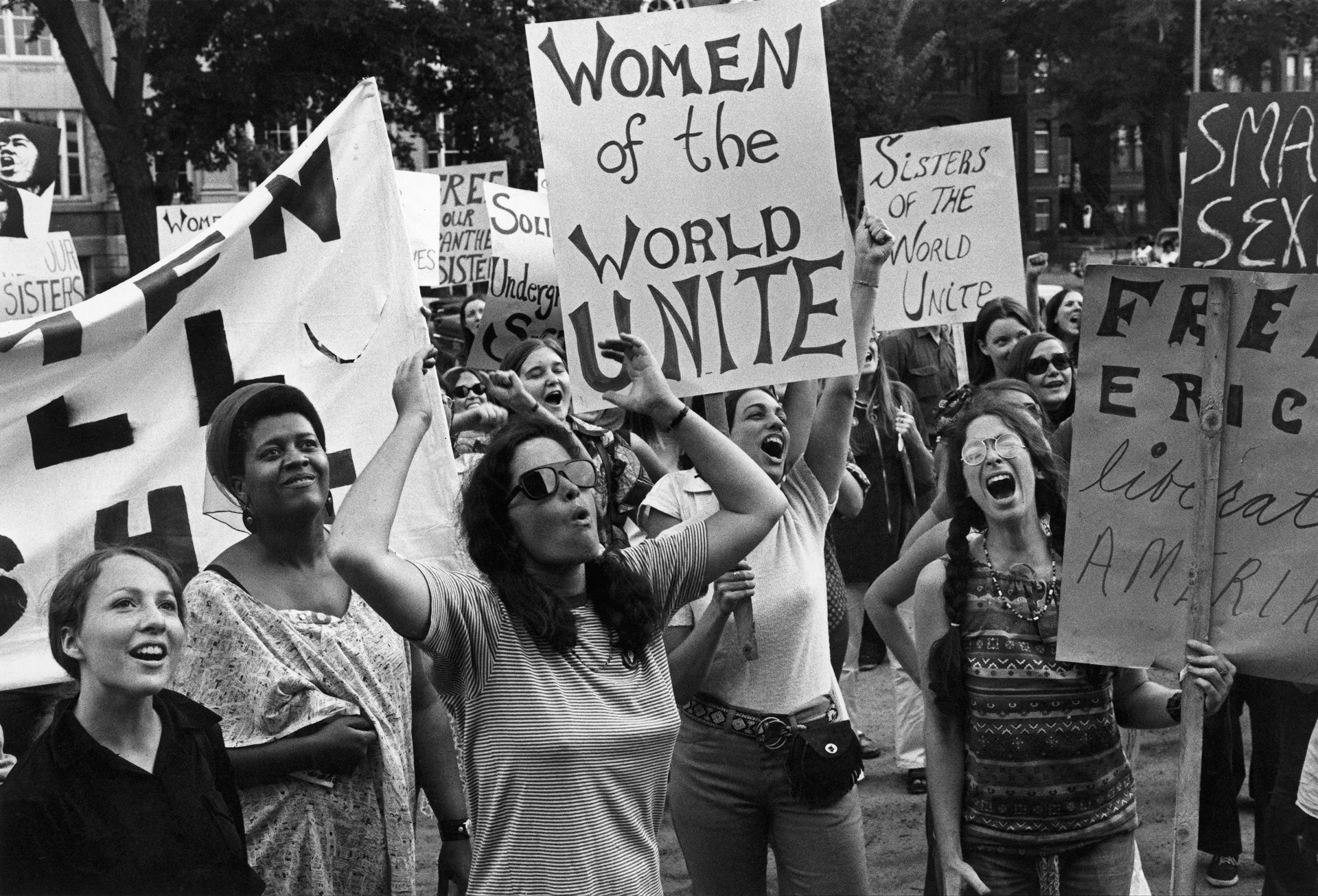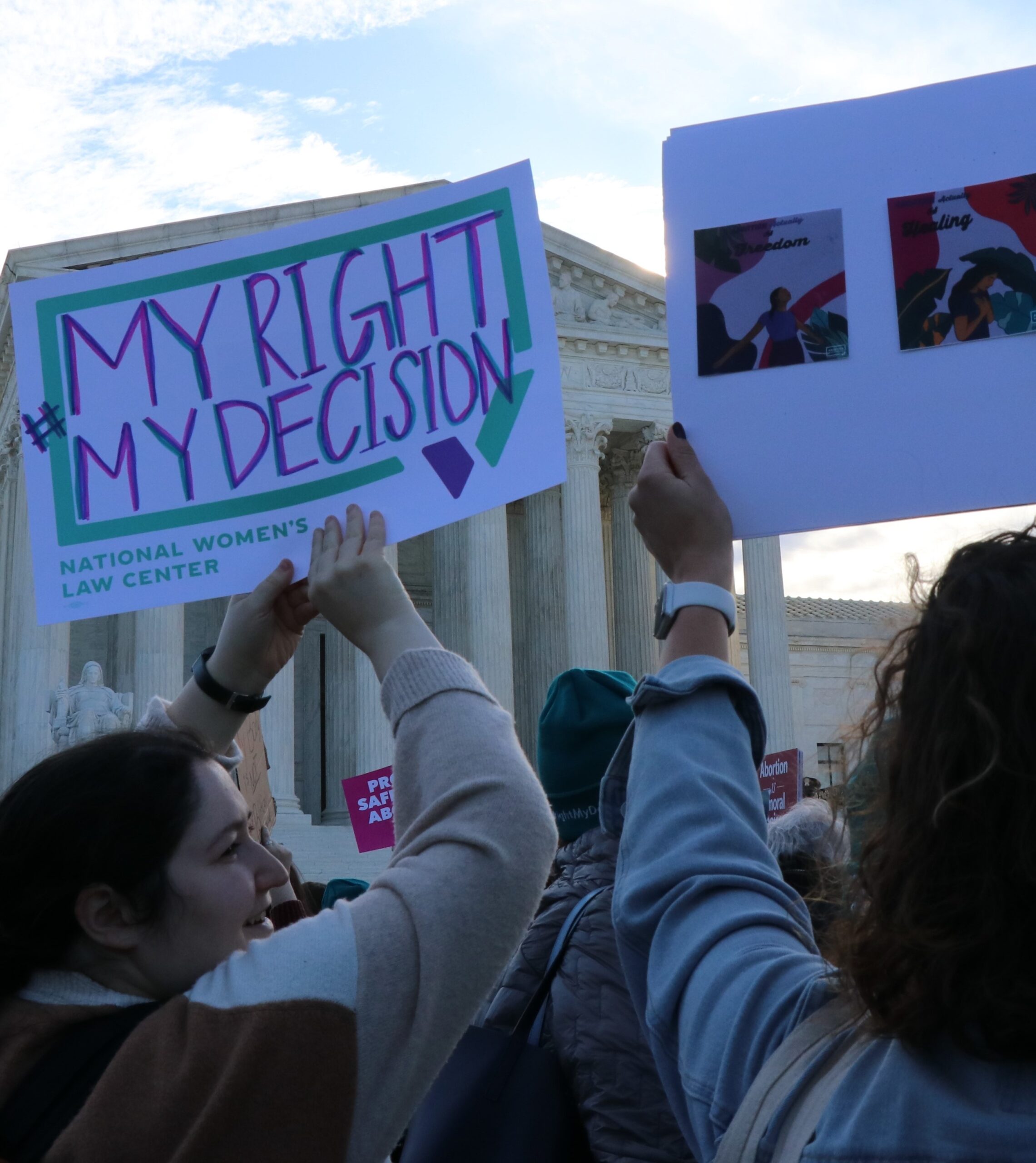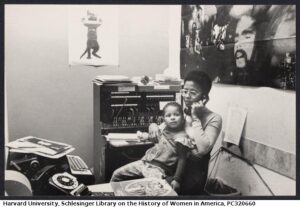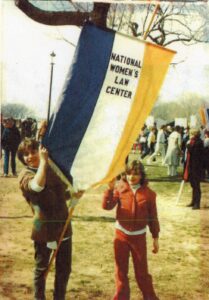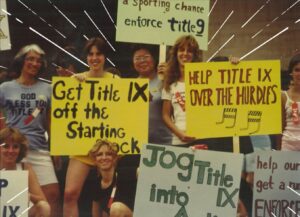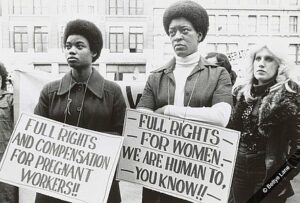For over 50 years, NWLC has been leading the fight to defend Title IX and eradicate all forms of sex discrimination in school and fight for gender equity. Now, far-right extremists are promoting anti-trans misinformation that violates and undermines the promise of Title IX.
We will never stop fighting to make sure everyone can live authentically, without fear and discrimination, especially for women, girls, and the LGBTQIA+ community.

